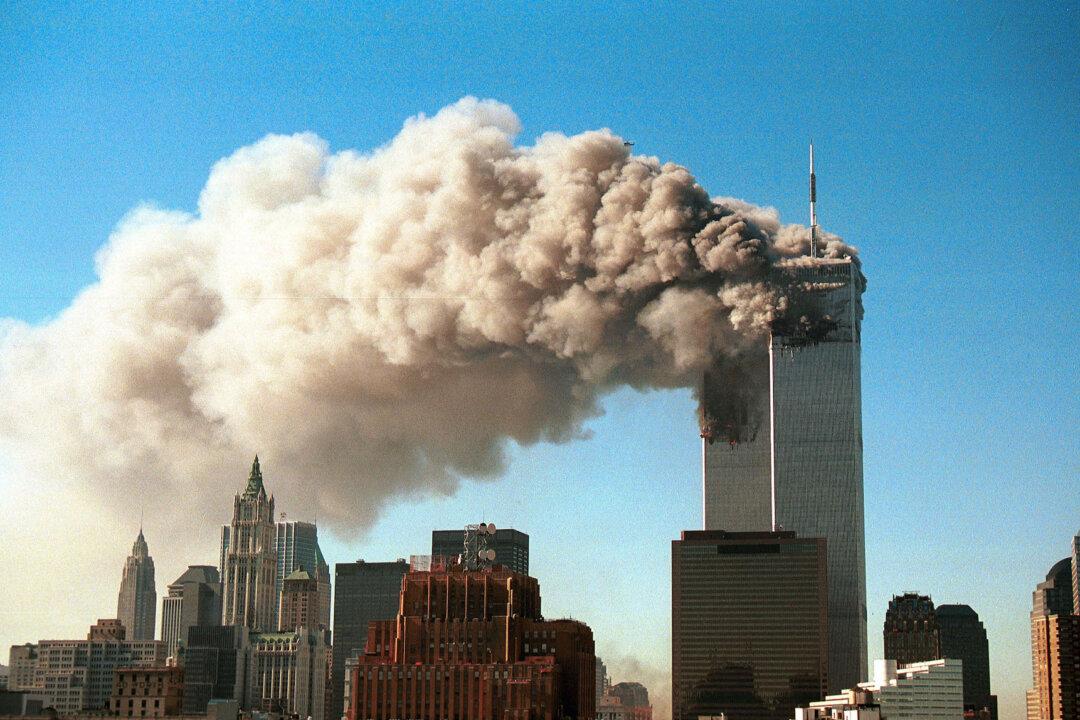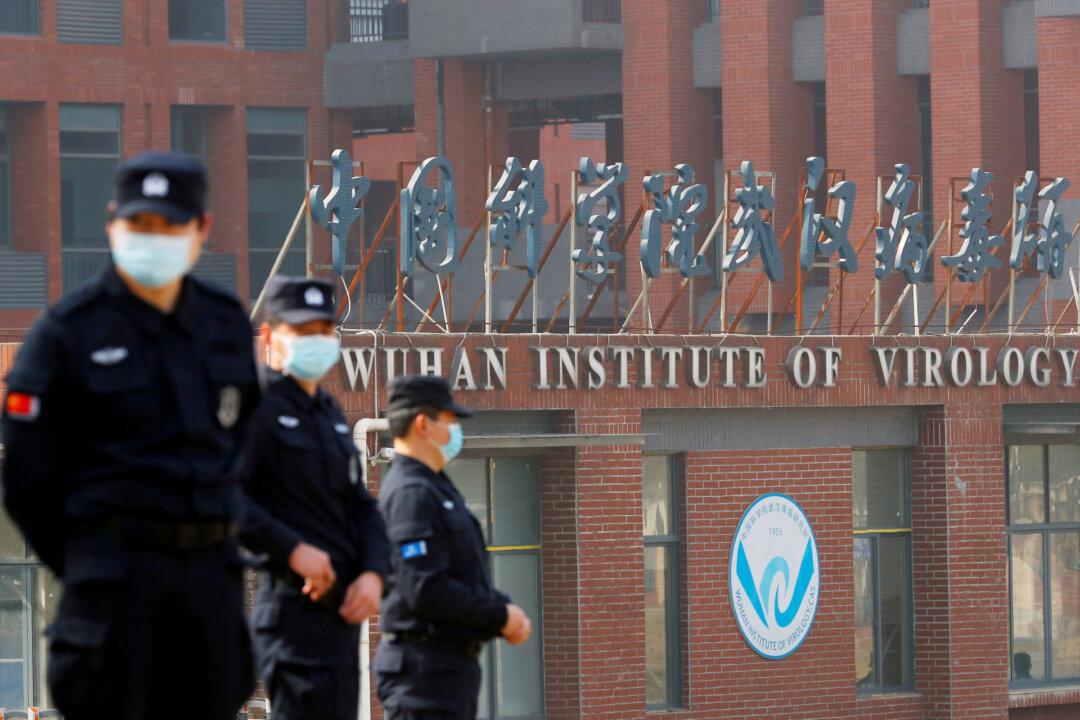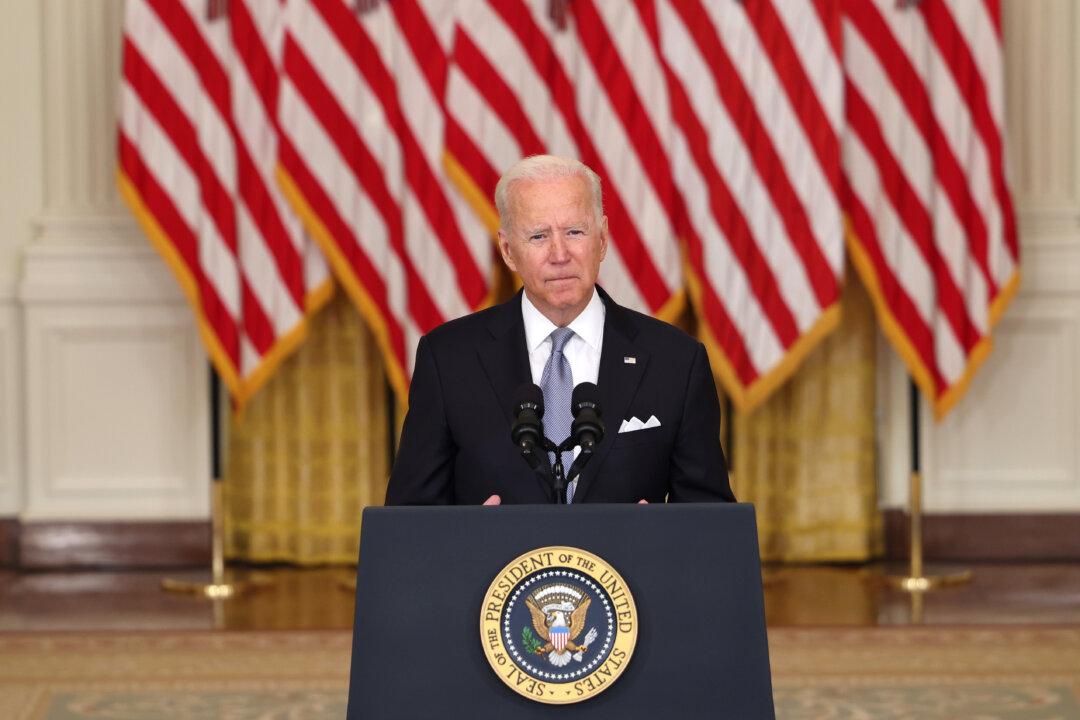Commentary
With the 20th anniversary only days away, many Americans are assessing the lessons of the Sept. 11, 2001 terrorist attack. As they count the cost in lives and treasure, Americans might also ponder what a major adversary such as the Chinese regime learned from the attack, and how that might play out in any future conflict.





